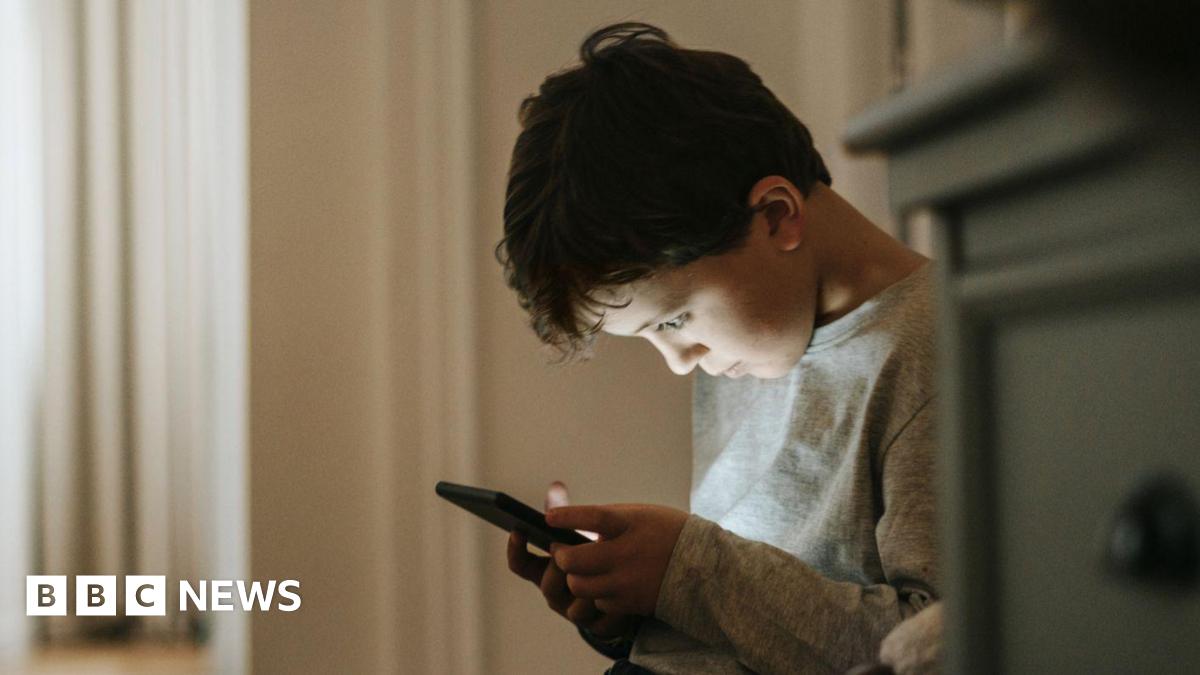England’s children’s commissioner, Dame Rachel de Souza, called on the government to take stronger action to protect children from technological harm.
She said: “Technology is evolving at enormous pace, and this generation of children have never known life without the internet, so we have to be much bolder in how we respond to the risks they face. Children should not be expected to police the online world themselves.
“If companies cannot make online spaces safe for children, then they should not be in them.
“Any amount of time online is too long if the content they see is harmful. I continue to urge the government and Ofcom to strengthen both the Online Safety Act and the Children’s Codes so that profit-making by platforms cannot come at the expense of protection.”
In January, Kyle told the BBC that laws on internet safety were “very uneven” and “unsatisfactory”, following calls from campaigners to tighten the rules.
The minister expressed his “frustration” with the Online Safety Act but did not commit to making changes to the legislation.
A Whitehall source later told the BBC there were no plans to repeal the act.
Another potential problem facing the idea of introducing legal time limits for children on social media is that the vast majority of tech firms are based in the US.
The Trump administration has been highly critical of foreign governments attempting to regulate its tech businesses and punish them for non-compliance.
In 2021, China imposed strict restrictions on online gaming, limiting players below the age of 18 to one hour per day on Fridays, weekends and holidays only. This replaced earlier limits of 90 minutes per day, rising to three hours during holidays.
The country cited concerns about the impact of “excessive” gaming on young people.
It was mulling further restrictions including limits on in-game purchases and daily log-in rewards, but last year the draft update disappeared from the government’s website.


